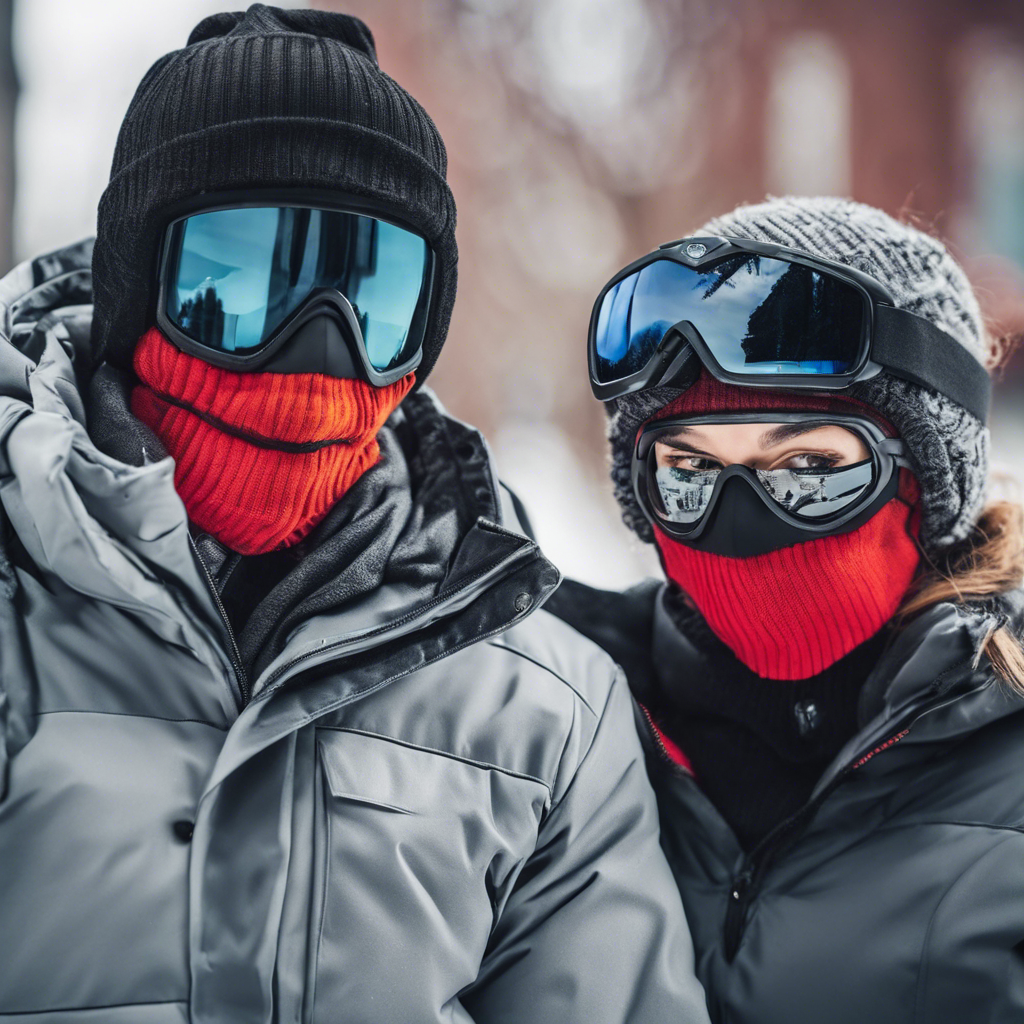Philadelphia Bans Ski Masks in Effort to Combat Crime

City Council Passes Controversial Law Despite Opposition
In a move aimed at curbing crime rates, Philadelphia has recently passed a law banning the use of ski masks and other facial coverings in certain public spaces. The decision, which was met with both support and opposition, comes as the city grapples with rising crime rates and a need to address public safety concerns. This article delves into the details of the new law, the arguments for and against it, and the potential implications for the community.
The Rationale Behind the Ban
The ban on ski masks and facial coverings in Philadelphia stems from the belief that these items have been frequently used by criminals to conceal their identities while committing illegal activities. Councilmember Anthony Phillips, a proponent of the law, argues that masks create fear and anxiety among the public and serve no discernible public or private good. The intention behind the ban is to send a strong message that such disguises will not be tolerated in the city.
The Scope of the Ban
Under the new law, wearing ski masks or facial coverings is prohibited in parks, schools, and on public transportation. Violators caught wearing a ski mask may face a $250 fine, which increases to $2,000 if the individual is found to be committing a crime while wearing the mask. However, the law does make exceptions for religious purposes, recognizing the importance of religious freedom and expression.
Support from Law Enforcement
The ban has garnered widespread support from law enforcement agencies in Philadelphia. Police officials argue that the use of ski masks hampers their ability to identify and apprehend suspects, making it harder to investigate crimes. By prohibiting the use of masks in public spaces, law enforcement hopes to deter criminals and improve public safety.
Opposition and Concerns
While the ban has its proponents, it has also faced opposition from groups such as the American Civil Liberties Union (ACLU). Critics argue that the law could infringe upon individuals’ rights to free expression and privacy. They raise concerns that the ban may disproportionately target marginalized communities and unfairly impact youth, who may wear masks for non-criminal reasons such as fashion or protection from the elements.
Balancing Public Safety and Civil Liberties
The debate surrounding the ban raises important questions about the balance between public safety and civil liberties. While it is crucial to address the concerns of law enforcement and protect citizens from potential harm, it is equally important to safeguard individual rights and prevent the targeting of specific groups. Striking the right balance requires careful consideration and ongoing dialogue between lawmakers, law enforcement, and civil rights advocates.
Conclusion:
Philadelphia’s ban on ski masks and facial coverings in certain public spaces reflects the city’s commitment to combatting crime and ensuring public safety. While the law has received support from law enforcement agencies, concerns have been raised regarding potential infringements on civil liberties. As the ban awaits Mayor James Kenney’s signature, the city will continue to grapple with finding the delicate balance between protecting its citizens and upholding individual rights. The impact of this ban will undoubtedly be closely watched by other cities facing similar challenges in the future.

